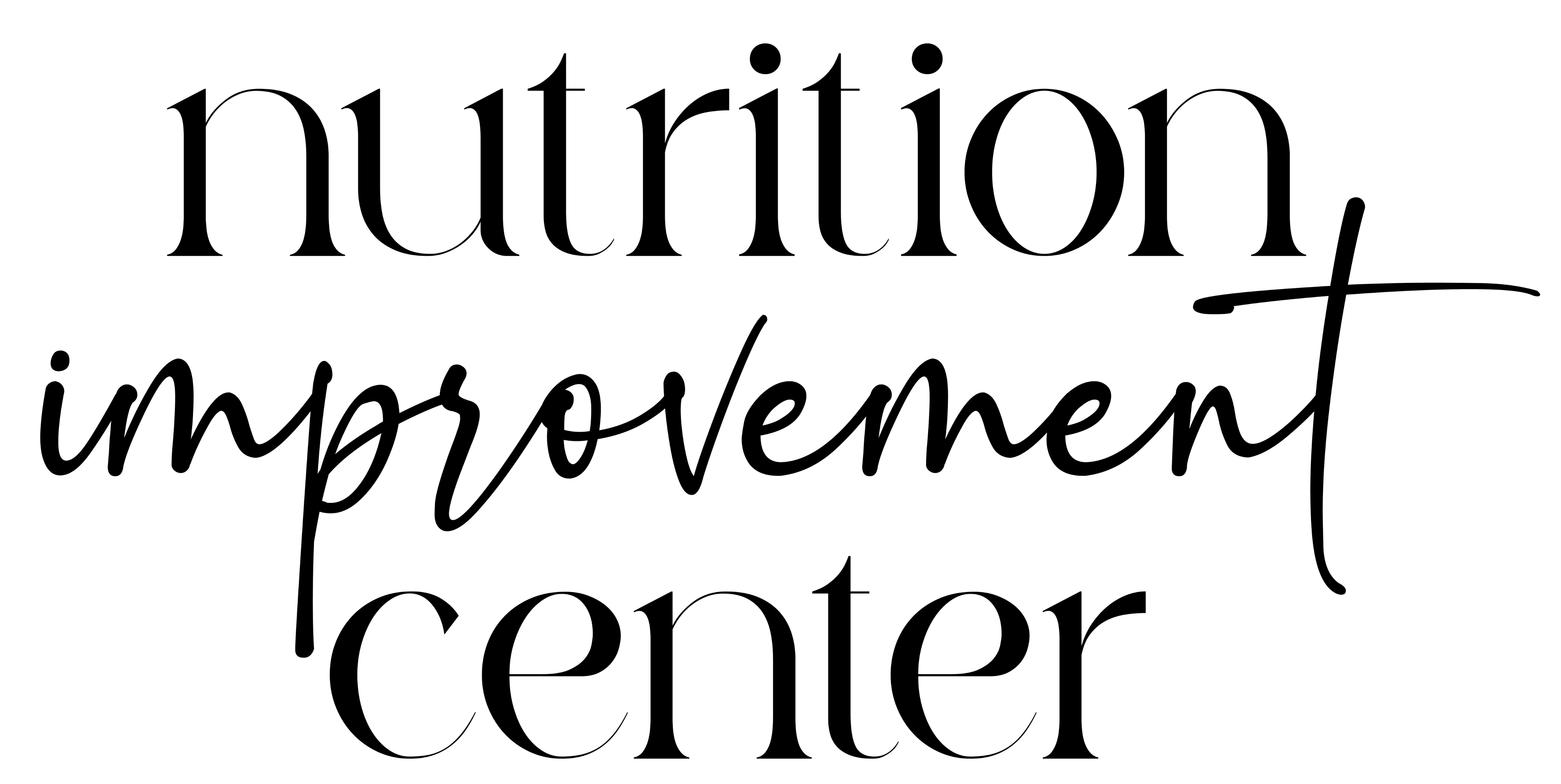Hypermetabolism: The Challenge of Refeeding Anorexic Patients
June 17, 2020 – Sydney Levine
Weight restoration and refeeding can be a difficult process for patients recovering from disordered eating, especially anorexia nervosa.
The period of restoring weight and nutritional status is a vital step towards recovery and maintenance of healthy lifestyle. Often, patients who experience only partial weight restoration have higher relapse rates after being discharged from hospital settings.
By making the necessary weight gains and maintaining a new, healthy weight, clients are more likely to experience an improved long-term recovery. One of the challenges that can accompany refeeding anorexic patients is the complex issue of hypermetabolism. A recovering person who is considered hypermetabolic can experience a range of symptoms. These people easily lose weight due to the necessity for an increased caloric intake in order to both gain and maintain weight. Recovering clients may experience becoming hot and sweaty early on in the refeeding process, especially at night. This is due to the body being extremely energy inefficient during the first phases of returning to a normal weight. Many of the calories that a person ingests are used by the body and released as heat rather than used for building tissue that the body needs.
Exercise also has an effect during the refeeding process on the need for an increased caloric intake. Those clients who exercise often can need around 3x more calories in order to gain the same weight as those who do little exercise.
In order to successfully gain and maintain weight, clients must increase their caloric intake in steps. The period of being hypermetabolic can last between three and six months even after the client is restored to a healthy weight. Metabolism does eventually normalize, despite these great variations that a person can experience during recovery. The amount of calories required to gain and maintain a normal, healthy weight can vary on an individual basis based on the client’s history of disordered eating.
For some, the journey of refeeding while hypermetabolic is the hardest part of the recovery process. For those who are not familiar with signs of hypermetabolism, they have described the refeeding period as confusing, stressful, and discouraging. With these experiences in mind, it is important to remember during the recovery process that symptoms such as a quick feeling of fullness, constipation, and bloating are a normal part of the route to recovery. Some of these digestive problems may not subside for weeks or months, but these challenges do not last forever and metabolism will normalize with proper meal plans and healthy weight gains.
The need to eat at such a high caloric rate also leads some clients to experience an extreme anxiety of waking up “fat”. Finding a balance between exercising and an increase in calories has also been difficult for some patients during recovery. Ceasing to exercise or exercising less than a client is previously used to can be hard to sustain and can lead to other difficulties with feelings of depression and feelings of gaining “too much” weight.
The many challenges that recovering clients may face are why it is important consult professional help during the refeeding process. Your dietitian can provide meal plans for recovery as well as support for the mental and physical challenges you might face.
Sydney Levine
References:
- Marzola, E., Nasser, J. A., Hashim, S. A., Shih, P. B., & Kaye, W. H. (2013). Nutritional rehabilitation in anorexia nervosa: review of the literature and implications for treatment. BMC Psychiatry, 13(1), 1-26. doi:10.1186/1471-244X-13-290
- Salisbury, J. J., Levine, A. S., Crow, S. J., & Mitchell, J. E. (1995). Refeeding, Metabolic Rate, and Weight Gain in Anorexia Nervosa: A Review. International Journal Of Eating Disorders, 17(4), 337-345.
- Redgrave, G. W., Coughlin, J. W., Schreyer, C. C., Martin, L. M., Leonpacher, A. K., Seide, M., & … Guarda, A. S. (2015). Refeeding and weight restoration outcomes in anorexia nervosa: Challenging current guidelines. International Journal Of Eating Disorders, 48(7), 866-873. doi:10.1002/eat.22390
- Weltzin, T. E., Fernstrom, M. H., Hansen, D., McConaha, C., & Kaye, W. H. (1991). Abnormal requirements for weight maintenance in patients with anorexia and bulimia nervosa. The American Journal Of Psychiatry, 148(12), 1675-1682. doi:10.1176/ajp. 148.12.1675
- Garber, A. K., Sawyer, S. M., Golden, N. H., Guarda, A. S., Katzman, D. K., Kohn, M. R., & Redgrave, G. W. (2016). A systematic review of approaches to refeeding in patients with anorexia nervosa. International Journal Of Eating Disorders, 49(3), 293-310. doi: 10.1002/eat.22482
- Tetyana. (2014, May 07). Hypermetabolism in Anorexia Nervosa. Retrieved from http://www.scienceofeds.org/2014/05/07/hypermetabolism-in-anorexia-nervosa/
- Cronkright, K. (2013, June 28). The Dreaded Weight Gain Process. Retrieved from http://kelsisprogressionobsession.blogspot.com/2013/06/the-dreaded-weight-gain-process.html
- Capper, RD, CDN, A. (2012, October 17). Recovering from an Extremely Low Body Weight. Retrieved from http://www.findingbalance.com/ask-our-panel/recovering-from-an-extremely-low-body-weight/

